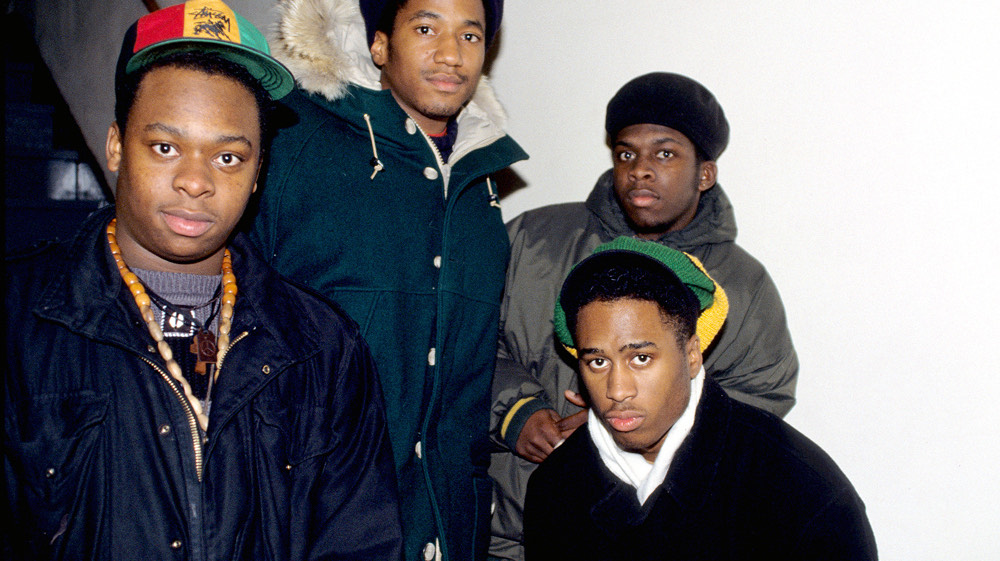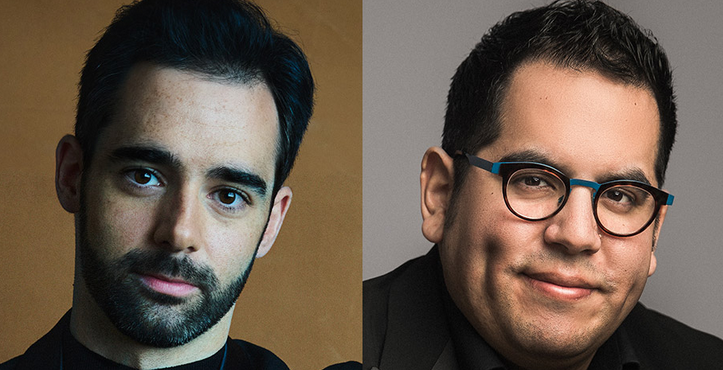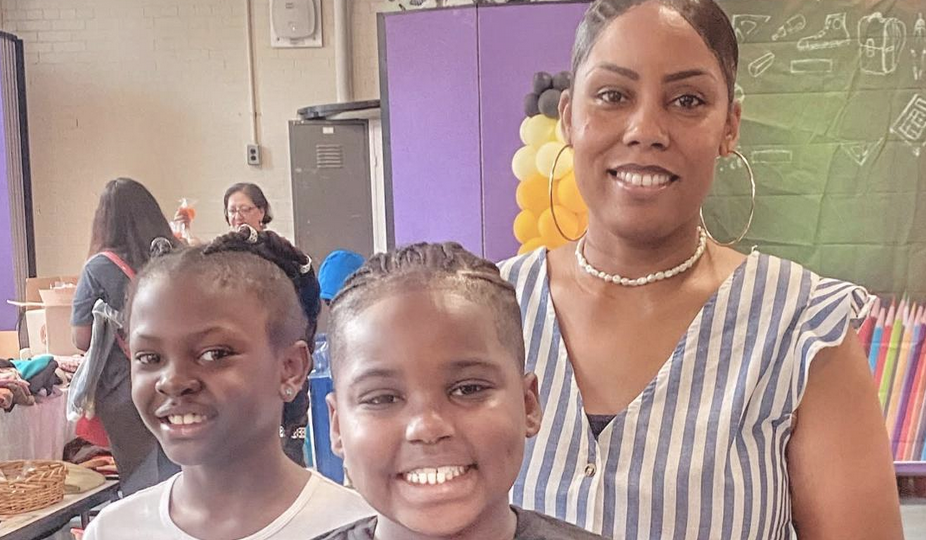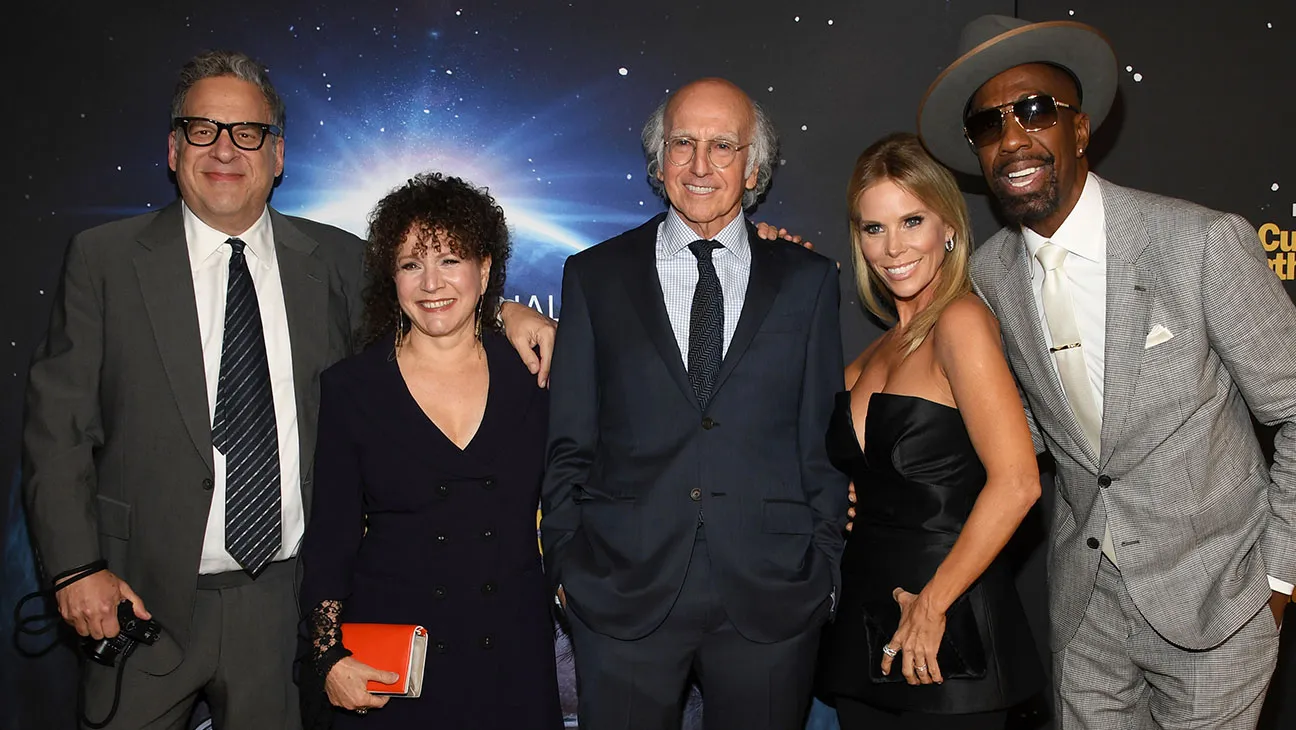By Edwin Freeman
Photos: Edwin Freeman
In a momentous celebration of Black excellence and musical innovation, A Tribe Called Quest leads a powerful cohort of Black artists inducted into the Rock and Roll Hall of Fame’s class of 2024. This historic inclusion represents more than just another accolade – it’s a vindication of Hip-Hop’s profound impact on global culture and a testament to the genre’s journey from the streets of Queens to the halls of music’s highest institutions.
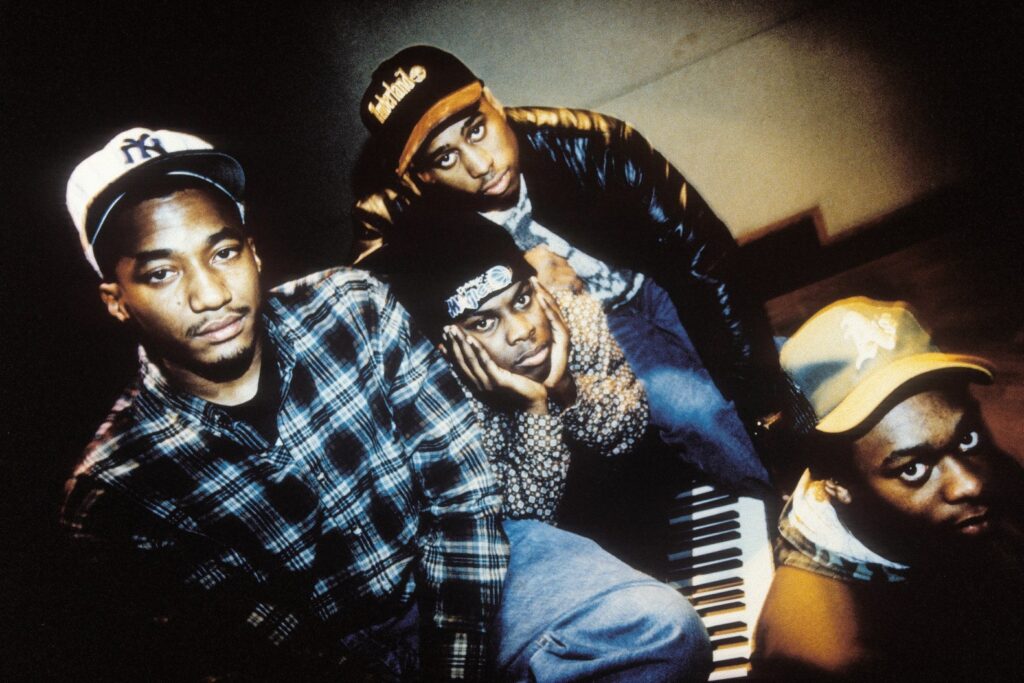
From Queens to Immortality
When Q-Tip, Phife Dawg (rest in power), Ali Shaheed Muhammad, and Jarobi White first came together in Queens, New York, they couldn’t have imagined their seamless fusion of jazz samples, Afrocentric consciousness, and introspective lyricism would one day be enshrined alongside rock and roll’s greatest legends. Yet here we are, watching their innovative spirit receive its flowers while some of us can still recall the first time we heard “Can I Kick It?” emanating from boom boxes across urban America.
Tribe’s induction isn’t just about the music – it’s about representation. It’s about young Black kids from the projects seeing that their stories, their art, and their culture aren’t just valid – they’re vital to the American musical canon. When Tribe dropped “People’s Instinctive Travels and the Paths of Rhythm” in 1990, they showed a generation of Black youth that Hip-Hop could be intelligent, socially conscious, and uncompromisingly artistic while remaining true to its roots.
Beyond the Beat
The group’s impact transcended traditional Hip-Hop boundaries. Their jazz-infused productions on classics like “The Low End Theory” and “Midnight Marauders” challenged the notion that rap was merely simple beats and rhymes. They proved that Black music is a continuum – from jazz to soul to Hip-Hop – and that our cultural expressions deserve recognition in all their forms.
In every album, Tribe wove complex narratives about Black life, love, and social justice with an authenticity that resonated far beyond their New York origins. Songs like “We The People….” and “Check The Rhime” weren’t just hits; they were manifestos for a generation seeking their voice in a society that often sought to silence them.

A Legacy for Tomorrow
This induction, alongside other remarkable Black artists in the 2024 class, signals a shifting tide in how Black music is recognized and celebrated by mainstream institutions. For future generations of Black artists, this moment serves as both inspiration and validation – proof that staying true to your artistic vision and cultural heritage can lead to the highest echelons of recognition.
The message is clear: our stories matter. Our innovation matters. Our culture matters.
For young Black creatives watching this moment, Tribe’s induction represents possibility. It shows that you can be unapologetically Black, uncompromisingly artistic, and still achieve mainstream recognition. You can speak truth to power through your art and have that truth acknowledged and celebrated.
More Than a Moment
This isn’t just about one group or one genre. This is about the continued recognition of Black excellence in all its forms. A Tribe Called Quest’s induction, alongside their fellow Black inductees, reinforces what we’ve always known – that Black music, in all its iterations, is American music. It’s world music. It’s music that moves humanity forward.
As someone who has documented Hip-Hop’s journey through my own work, I see this moment as both a celebration of what has been achieved and a promise of what’s to come. Tribe showed us that Hip-Hop could be conscious, creative, and commercially viable without compromising its soul. Their induction into the Rock and Roll Hall of Fame isn’t just a victory for Hip-Hop – it’s a victory for Black culture, Black expression, and Black excellence.
For the kids in Queens today, and in every other urban community across America, this moment says: your dreams are valid, your voice matters, and your art can change the world. Just like Tribe did.
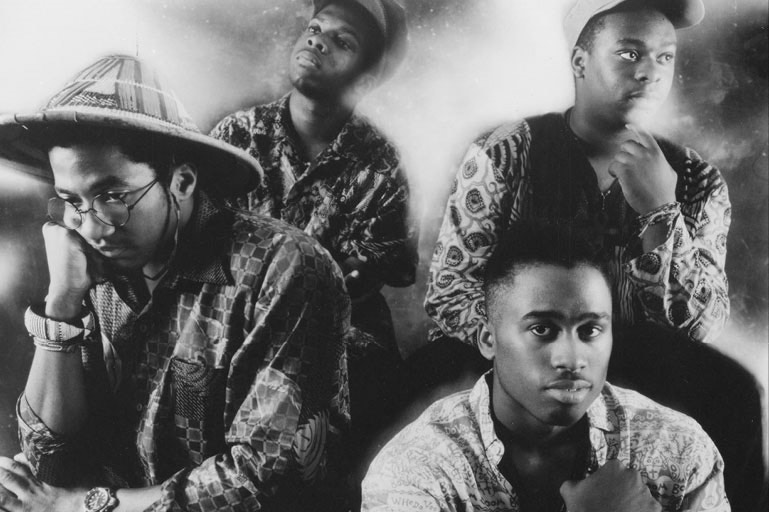
—
Edwin Freeman is an actor, filmmaker, and the producer/director of the critically acclaimed Hip-Hop documentary “Beats & Lyrics: The Essence of Rap,” currently streaming on all major platforms.
